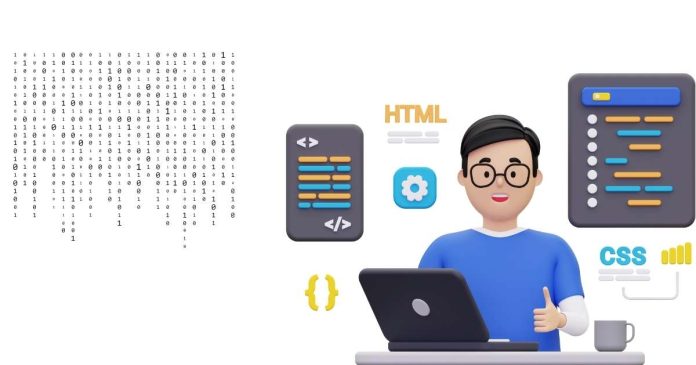A “language construct” is a fundamental building block of a programming language, designed to perform specific tasks or operations. These constructs are part of the core syntax and semantics of a language, allowing developers to write programs effectively and efficiently. While the term may sound technical, it essentially refers to predefined structures or features that are built into the language to facilitate its use.
Characteristics of Language Constructs
- Built-In: Language constructs are intrinsic to a programming language and cannot be modified or redefined by the user. They are part of the language’s foundation.
- Efficiency: Since they are natively implemented, language constructs are often optimized for performance, making them faster than user-defined functions or libraries.
- Syntax-Specific: These constructs follow specific syntax rules defined by the language. Misusing them can lead to syntax errors.
- Wide Applicability: They are designed to handle common programming tasks, such as loops, conditional statements, or resource management.
Examples of Language Constructs
Language constructs vary across programming languages but share similarities in purpose. Here are some examples:
- Control Structures:
- Conditional Statements:
if,else,elseifin PHPif,else if,elsein C, Python, and Java
- Loops:
for,while, anddo-whileloops in many languages
- Conditional Statements:
- Input/Output:
echoandprintin PHPprintin Python
- Resource Management:
usingin C# for managing resourcestryandfinallyblocks in Java and Python
- Variable Declaration and Assignment:
var,let, andconstin JavaScriptdimin Visual Basic
Difference Between Language Constructs and Functions
While both language constructs and functions perform tasks, they are distinct:
- Intrinsic Nature: Constructs are integral to the language, whereas functions can be user-defined or imported from libraries.
- Performance: Constructs are usually faster because they are directly interpreted by the language’s runtime.
- Usage: Constructs often do not require parentheses, unlike functions. For instance, in PHP,
echois a construct and does not require parentheses, though they can be used optionally.
Importance of Language Constructs
Language constructs simplify programming by offering ready-to-use, optimized features for common tasks. They:
- Improve code readability by using consistent and intuitive syntax.
- Reduce the need for writing repetitive code.
- Enhance performance by leveraging the language’s core capabilities.
Conclusion
Understanding language constructs is crucial for mastering any programming language. They provide the foundation upon which more complex programs are built, ensuring that developers can write clear, concise, and efficient code. Whether you’re a beginner or an experienced developer, a solid grasp of language constructs will significantly enhance your programming proficiency.


